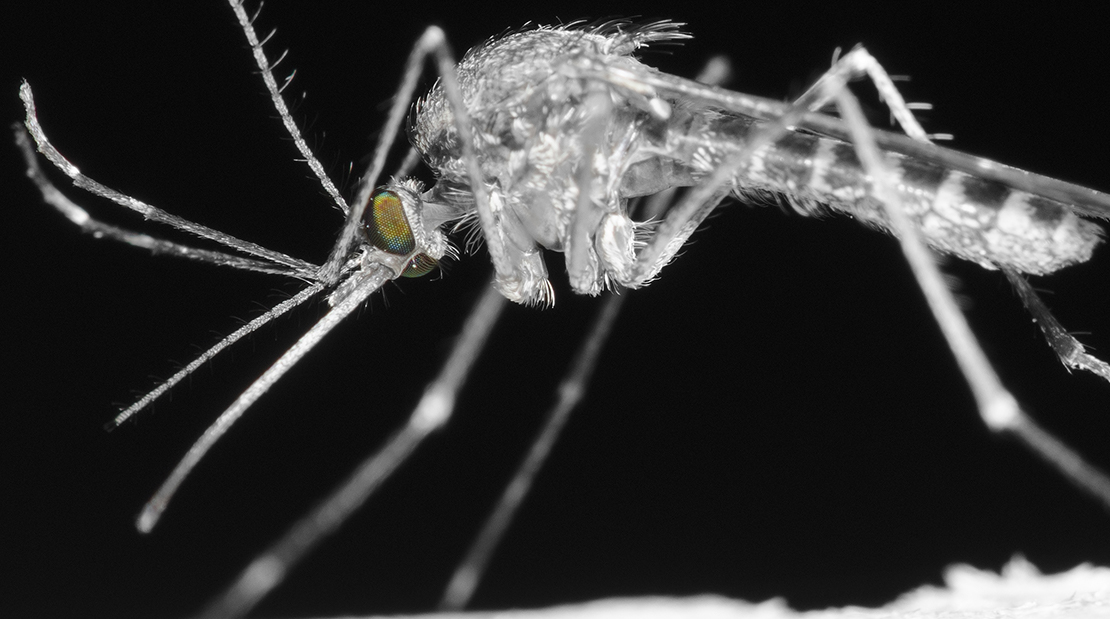
What You Should Know About Heartworms
There’s a lot to think about when it comes to your pet’s health, and heartworms can be at the top of the list. If you’re concerned about the potential of your dog getting heartworms, don’t fret. Heartworms are easily preventable. Dog and cat owners can stop these pesky parasites before they can even get started. But keep in mind, as easy as heartworms are to prevent, they are just as easy to contract if your pet isn’t protected. Still, no need to panic. Heartworms can lead to serious complications, but we’re here to help. Whether you’re looking for preventable care, or what to do if you think your pet has heartworms, these tips can help you and your pet get on the right track.
Let’s start with the basics. What are heartworms, anyway?
Heartworms are parasites that live in the heart and pulmonary artery of dogs and cats. Although the latter can fall victim to heartworms, dogs are usually more susceptible than their feline friends.
The early stages of heartworms are called microfilaria. Microfilaria is transmitted to the blood of dogs (and cats) by mosquitos who pick up the parasite from another infected animal. Once transmitted, microfilaria take about six months to mature into adult worms. At their adult stage, heartworms can cause heart failure and respiratory distress.
Symptoms
Symptoms of heartworms may include:
• Coughing during times of excitement or activity
• Rapid fatigue during exercise
• Bloated or fluid filled abdomen
Remember, heartworms can take about six months to fully manifest themselves. This means the condition can exist without any signs or symptoms for months, and even years. Be sure to get your pet tested annually, even if he or she doesn’t show any signs of heartworms, as it may be in its early stages. The earlier we can detect heartworms, the better. Annual testing can also help you and your veterinarian decide on the most recommended course of action-—prevention.
Prevention
Preventing heartworms can be as easy as a monthly chewable, or an injection administered by your veterinarian every six months.
Ideally, you want to start your dog’s prevention regiment as a puppy, before six months of age. Starting your pup on a regimen early will prevent any worms that may have potentially been transmitted from fully maturing, and possibly save you a hefty vet bill down the road..
If your dog is older than six months, prevention begins with an initial screening for heartworms, followed by an annual check-up. Once your pet is cleared, your vet will recommend either an oral or injectable routine that’s best for you and your pup.
Treatment
We all strive to do the very best for our pets. So naturally, finding out your pet does in fact have heartworms can be upsetting. When consulting with your vet to determine the best course of action to deworm your furry friend, you can expect the following:
1. An X-ray will be performed to determine how far the heartworm disease has advanced. The X-Ray will also allow the vet to look at the enlargement of the heart, as well as any signs of change in the pulmonary vessels. A change in lung patterns can be an indication of lung disease.
2. Next, a preventative heartworm medication will be administered to stop any microfilaria from maturing into more adult worms. Then, your pet will likely be given a steroid to help with inflammation as the worms start to die off. This is done to prevent any issues within the lungs.
3. A 30 day course of antibiotics may be started.
4. After the antibiotic treatment, an injection will be given to kill the adult worms. You can expect your dog to likely have activity restrictions during this process. The restriction is important to prevent any possible respiratory distress as the worms break off and die.
5. Depending on how far the heartworms have advanced, another injection may be administered 30 days after the initial treatment, followed by a third one, 24 hours later. Preventative care will still be given during this process to ensure microfilaria doesn’t continue to thrive in the body.
A full treatment of heartworms can take between two to three months, depending on the severity of the condition. Going forward, be sure to include testing in your pet’s annual exam, and incorporate supplements or injections to prevent any potential threat. You have a lot to think about when it comes to your pet, treating heartworms doesn’t have to be one of them.

